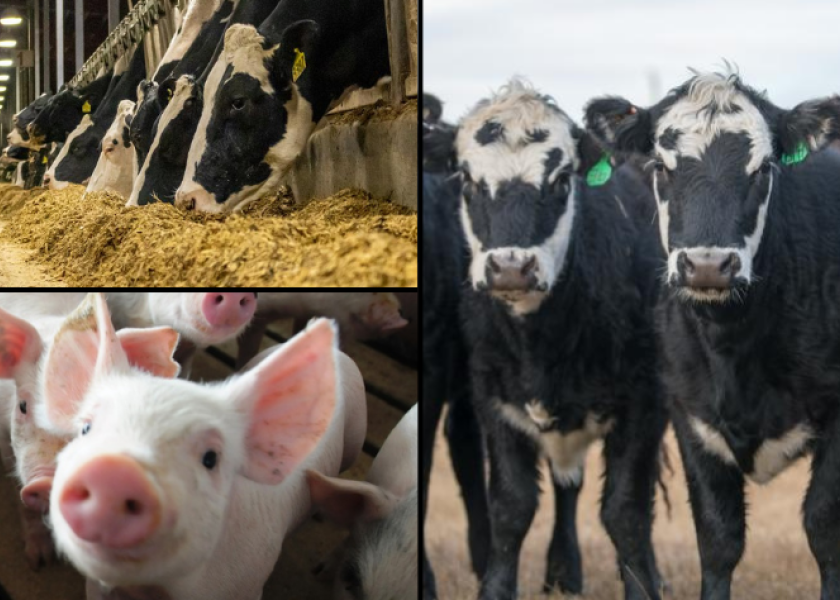If You ‘Doctor’ Livestock, a New Rule Will Determine How or If You Can Buy Antibiotics

A move by the U.S. Food and Drug Administration (FDA) will soon change the status of "medically important" antimicrobial drugs currently available over-the-counter (OTC) to prescription (Rx) use only.
The FDA guidance for industry #263 goes into effect on June 12, 2023.
If you have a valid veterinary-client-patient relationship (VCPR), you will be able to get a prescription from your veterinarian to purchase antimicrobials from them or a distributor and use them, according to the FDA. Antibiotics are one category of antimicrobials.
If you don’t have a relationship with a licensed veterinarian, you won’t be able to purchase such products, many of which have long been available over-the-counter at your local co-op and farm supply store.
What Animals, Which Products?
The guidance applies to all food animals, including cattle, hogs, ruminants (goats/sheep) and poultry. In addition, it also applies to animals not intended for food, such as horses, pet rabbits and backyard chickens.
Products affected by the guidance include injectables such as penicillin, sulfa-based drugs, boluses, intramammary mastitis tubes and some topical products. Common brand names for some of the products include LA-200, Bio-Mycin and Terramycin, among others.
All such products will be available for your use on the farm through purchase from your veterinarian or with a veterinary prescription.
Why The Guidance Is Going Into Effect
Veterinarians are working to get the word out to farmers now to help them prepare and make a smooth transition next summer, says Sandra Stuttgen, a veterinarian and associate professor at the University of Wisconsin Division of Extension.
She says FDA’s ultimate goal is to keep antimicrobials effective for both human and animal health -- termed the One Health Initiative by the World Health Organization -- and prevent resistant bacteria from making such products ineffective.
According to the Centers for Disease Control and Prevention (CDC), in the United States alone, at least 2 million people become infected annually with bacteria that are resistant to antibiotics. At least 23,000 people die each year as a result of these infections. The non-therapeutic use of antimicrobial drugs in animals that enter the food supply contributes to this problem, the CDC says.
The FDA supports judicious use of medically important antimicrobials in all settings. "Labeling changes as a result of GFI #263 are one example of how we can assist farmers and ranchers to strengthen their stewardship efforts when using these drugs," FDA notes. (Learn more here: GFI #263: Frequently Asked Questions for Farmers and ... - FDA)
Some products will remain available for purchase over-the-counter, according to University of Nebraska’s Becky Funk, DVM, and Jesse Fulton.
They say some antiparasiticides, injectable and oral nutritional supplements, oral pro/prebiotics and topical non-antibiotic treatments will not be affected and will remain available through OTC marketing channels just as before.
Next Steps To Take
If you have an existing relationship with a veterinarian, you’re unlikely to notice much of an impact on your livestock management practices.
If you don’t have a veterinarian start talking with local practitioners and establish a relationship with one now, Stuttgen encourages.
“The veterinarian gets to know you and your (animals), and you can sit down with them to write standard operating procedures and routine drug orders so you can have an inventory on your farm,” she says. “So when Sunday afternoon happens and the (animal) gets sick, you don't have to call the vet to come out, because you already have the relationship in place."







